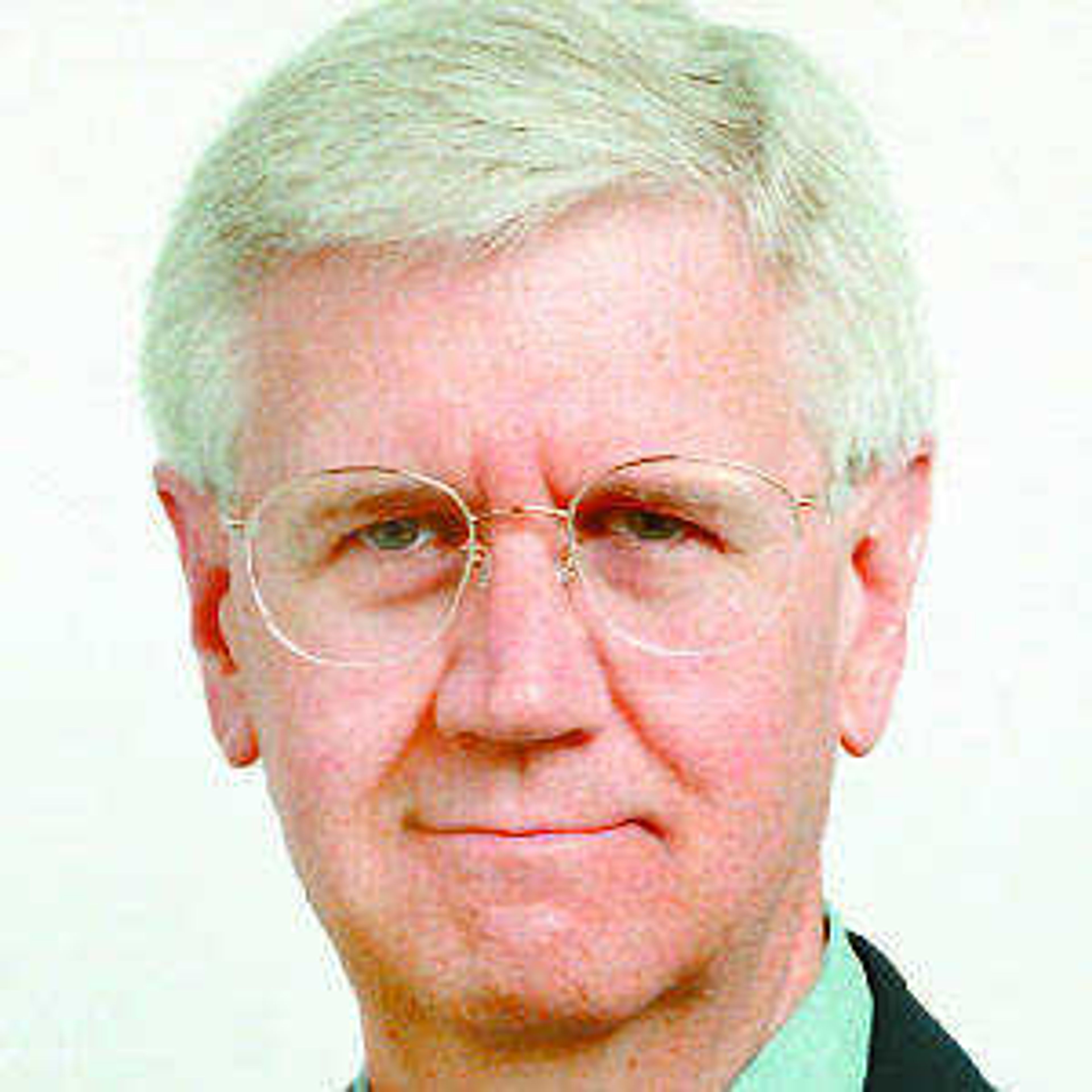Today's news forms tomorrow's important decisions
For the purposes of today's discussion, let's agree on two terms. First, let's call traditional, fact-checking, multi-sourced news "mainstream news." Second, let's call the trend to pop news and trivia "la-la news." I don't have any proof to cite, but I would bet that the majority of readers of this column are over 55 and have hair -- if they still have hair -- that matches mine. These are, by and large, consumers of "mainstream news."...
For the purposes of today's discussion, let's agree on two terms.
First, let's call traditional, fact-checking, multi-sourced news "mainstream news."
Second, let's call the trend to pop news and trivia "la-la news."
I don't have any proof to cite, but I would bet that the majority of readers of this column are over 55 and have hair -- if they still have hair -- that matches mine. These are, by and large, consumers of "mainstream news."
But today's younger news audience tends to rely more and more on gossip, fads, speculation and guesswork, the guts of newsgathering on iPads and office computers the world over. That's the backbone of "la-la news."
I'm not against all "la-la news." No, I find it entertaining. Occasionally an offbeat news item actually gives me a perspective worth knowing. Like, "Stephen Hawking knows what happened before the Big Bang." That is an actual headline from one online news source this week.
By the way, Hawking's pre-Big Bang pronouncement: Nothing. There was nothing before the Big Bang billions of years ago. So nothing happened. Nothing from nothing.
Don't you feel informed now?
In the face on instant one-on-one reporting on the Internet, many "mainstream news" outlets have jumped on the bandwagon.
Actually, I'm guessing most fans of Twitter and "la-la news" have no clue what a bandwagon is. Or does. Or why it is part of our vocabulary and used in so many ways. But that's a digression. Sorry.
I understand the trends -- and there are many -- regarding the dispensing of news, whatever you think news is these days. But I am confounded by the crossover tendencies.
Nowadays, many "mainstream news" outlets are relying more and more on "la-la news" tactics in an effort to preserve their audiences.
As our president might tweet: So sad.
Every major news outlet in America reported on the recent school shooting in Florida using a mixture of "mainstream" and "la-la" news.
How quickly these outlets, desperate to come up with something -- anything -- remotely resembling real news, turned to speculation and conjecture. (If you want to know the difference, look it up. That's your assignment this week.)
Take the "news" that an officer stayed outside the school rather than rushing in to confront and neutralize the shooter. Later we were told several officers took up posts on the school's perimeter. Later we were told this wasn't an individual choice, but a direct order from the officers' commander. Then we were told ...
Actually, we were told a lot of unsubstantiated or not-fully-explained information. Both by "mainstream news" and "la-la news" outlets.
Maybe I'm too old to be telling anyone about today's news business. I have never tweeted in my life.
But I know a little bit about the history and traditions of dependable news reporting. I've been involved in the information-sharing business longer than many of my readers have been alive. I have tremendous respect for the gatherers of news who understand the overwhelming responsibility they have to be accurate and fair. And to correct their errors as soon as they can -- because the plain fact is that even the most careful gatherer of news makes mistakes now and then. Set the record straight. Right away.
I thought, honestly, that the news media would get over their infatuation with tweets from the White House. I assumed these gatherers of today's first draft of history would tire of the novelty and bizarreness of such reporting. I thought, also honestly, that our president would grow up, Twitter-wise. Sadly, this did not come to pass.
In today's complex world, explanation and guidance are needed. This is something to which every news outlet can contribute in a meaningful way.
Both "mainstream news" and "la-la news" have an opportunity to change the world by informing their consumers in ways that are useful and beneficial.
If the novelty of today's so-called news operations ever wears off -- and I think there's still a chance it will -- we can only hope that we will take advantage and use whatever we hear and see in ways that produce informed decisions.
Is that a "mainstream" or a "la-la" expectation?
Joe Sullivan is the retired editor of the Southeast Missourian.
Connect with the Southeast Missourian Newsroom:
For corrections to this story or other insights for the editor, click here. To submit a letter to the editor, click here. To learn about the Southeast Missourian’s AI Policy, click here.










